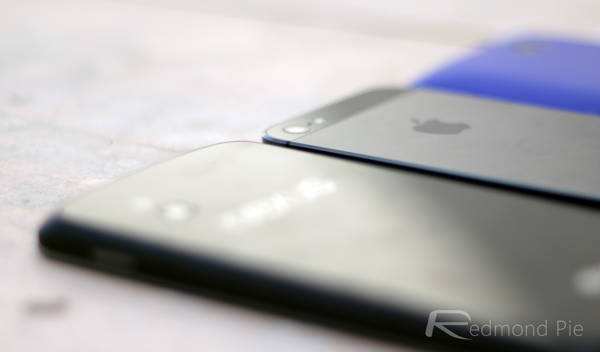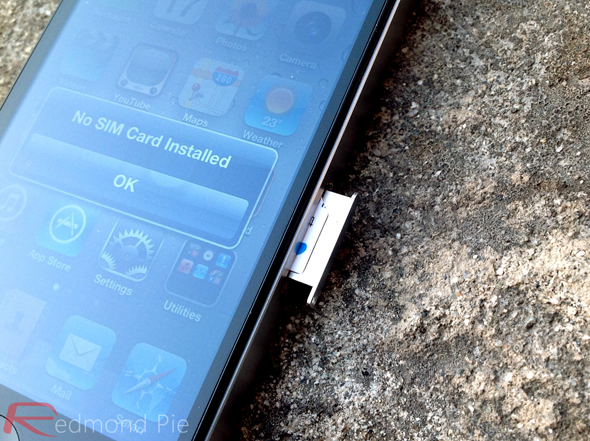Getting a smartphone unlocked can often be a cumbersome process, and with traditional software and SIM interposer methods becoming rarer and more difficult to undertake, many looking to use their device on different carrier networks are left with a basically unusable device. However, a landmark decision has been reached between five of the United States’ major carriers in an effort to bring a standardized system of unlocking mobile devices.
This means the current ambiguity regarding how exactly one would go about getting their smartphone or tablet unlocked, instead outlining exact procedures and practices depending on a consumer’s situation. With AT&T, Sprint, T-Mobile, U.S. Cellular, and Verizon Wireless all putting pen to paper, it represents a major step forward for mobile device owners, and hopefully, the agreement, which has been initiated by CTIA and its consumer code of conduct, will prove effective.

The new policy essentially dictates rulings over such details as how long a device owner needs to have been using their device to be eligible for a free unlock, prerequisites of general eligibility, and other boxes that a consumer will have to tick in order to process their request for a device unlock.
It does put some of the power into the hands of consumer, as it were, since, at this point in time, how likely you are to achieve an unlock depends greatly upon which carrier it happens to be tied to. Even then, some will unlock an antiquated device for free, some for a small free, while others will, in certain situations, outright refuse, but this ruling will hopefully put an end to all that.

If the policy is approved, which, with the largest companies having already agreed, is doubtful, then the fruits of today’s ruling could kick in within twelve months, so if your contract carries over through another year, then you may be among the first to benefit from the new rules.
With the days of twelve-month contracts well and truly behind us as most major network operators look to tie consumers in for a full two years, a more straight-up, uniform policy on unlocking is perhaps more essential than it has ever been.
(Source: CTIA)
You may also like to check out:
You can follow us on Twitter, add us to your circle on Google+ or like our Facebook page to keep yourself updated on all the latest from Microsoft, Google, Apple and the Web.

